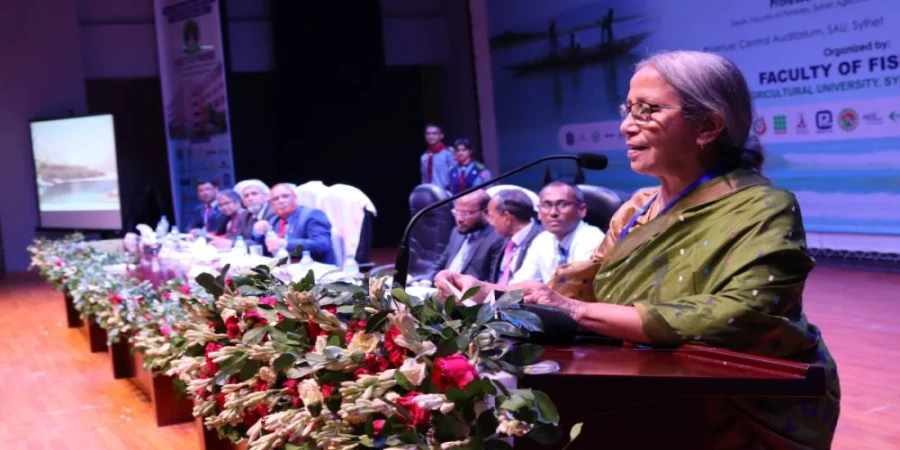
ছবি: -Collected Photo
The government of Bangladesh has extended the executive magistracy powers of commissioned officers in the army for another 60 days. The Ministry of Public Administration issued a gazette notification on Thursday, September 11, confirming the decision. According to the notification, captains and officers of higher ranks serving in the Bangladesh Army will be empowered to exercise the authority of special executive magistrates across the country from September 12 for the next two months. The same authority will also apply to army officers deputed to the Bangladesh Coast Guard and the Border Guard Bangladesh during this period.
The extended powers are conferred under 17 sections of the Code of Criminal Procedure of 1898. These powers include the authority to take actions similar to those of executive magistrates, particularly the power to arrest absconders and other offenders. Officials explained that the move aims to enhance law enforcement capacity during a period of heightened security concerns, while also enabling quicker responses to potential threats across the country.
This is not the first time such powers have been granted. Earlier, on July 14, a similar order was issued providing army officers with executive magistracy powers for two months. That order expired on Thursday, prompting the government to issue the latest extension. The continuity of this special arrangement indicates the government’s ongoing reliance on the military in enforcing certain legal and administrative functions.
While the extension has been presented as a measure to maintain law and order, it also reflects broader discussions about the role of the armed forces in civil administration. The delegation of executive magistracy powers to military officers has sparked debates among observers, some of whom see it as a practical solution to pressing security issues, while others raise concerns about the potential overlap between military duties and civilian governance.
The Ministry of Public Administration, however, maintains that the order is temporary and limited in scope, designed specifically to address immediate administrative and law enforcement needs. The notification underlines that only commissioned officers of the rank of captain and above are eligible to exercise the authority, ensuring that the powers remain confined to experienced officers. The inclusion of army officers serving in the Coast Guard and Border Guard Bangladesh further broadens the scope of coverage, particularly in coastal and border areas where law enforcement challenges are frequent.
Legal experts point out that under the Code of Criminal Procedure, certain provisions allow the government to authorize individuals outside the traditional magistracy to perform specific judicial or administrative tasks in times of necessity. The current extension appears to be an application of such provisions, with the aim of strengthening the state’s ability to manage law and order.
In practice, the powers granted are primarily focused on ensuring compliance with the law, arresting fugitives, and responding to crimes that require swift intervention. However, the broader implications of military officers exercising magistracy powers continue to attract public attention, especially regarding accountability and the balance between civil and military institutions.
The extension of executive magistracy powers to army officers for another 60 days marks the second consecutive period of such authority in recent months. Whether the government will continue to renew this measure beyond the current timeframe remains uncertain, but officials have suggested that decisions will depend on the evolving security situation and the perceived need for military involvement in law enforcement.
repoter





